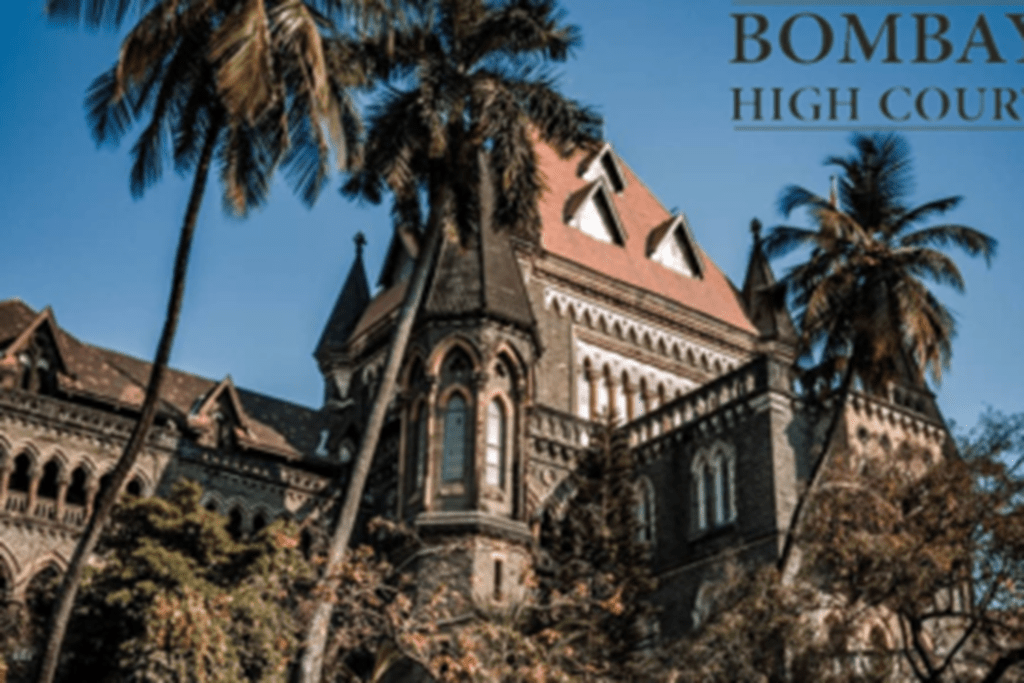
Keywords: Bombay High Court, Divorce, Epilepsy, Hindu Marriage Act
In a noteworthy legal decision, the Bombay High Court has recently asserted that epilepsy cannot be considered a valid ground for divorce under the Hindu Marriage Act, 1955. This ruling came in response to a case where a husband sought divorce on the grounds of his wife’s epilepsy, arguing that it constituted an incurable disease leading to unsoundness of mind. A division bench comprising Justices Vinay Joshi and Valmiki SA Menezes upheld a 2016 family court judgment that had denied the husband’s plea for divorce. The husband had claimed that his wife’s epilepsy caused her to exhibit abnormal behavior and even contemplate suicide, which he alleged had led to the breakdown of their marriage.
However, the High Court was not persuaded by these claims. The judges emphasized that epilepsy is neither an incurable disease nor a mental disorder or psychopathic disorder, making it insufficient as a ground for divorce under Section 13(1)(iii) of the Hindu Marriage Act. The bench referenced a previous case, Raghunath Gopal Daftardar vs Vijaya Raghunath Daftardar, to support their decision. While acknowledging that the cases were not identical, they found the reasoning applicable.
Furthermore, the court pointed out that medical evidence overwhelmingly suggests that epilepsy does not hinder spouses from living together harmoniously. They noted that a neurologist who treated the wife testified that she had experienced a brain seizure, not epilepsy itself. Even if she had epilepsy, it was not a mental disorder or psychopathic disorder, nor did it render her incurably unsound of mind.
Since the husband could not substantiate his claim that his wife suffered from epilepsy, the court ruled that there was no basis to support his allegations of cruelty or mental torture due to her condition. The court also dismissed the husband’s contention that the wife’s suicide threat letter was evidence of her abnormal behavior. The wife clarified that she had written the letter under duress from her husband, fearing eviction from their matrimonial home.
Advocate Vishwadeep Mate represented the husband, while Advocate Jyoti Dharmadhikari represented the wife in this significant legal battle. This ruling by the Bombay High Court sets an important precedent, emphasizing the need for careful consideration of grounds for
divorce under the Hindu Marriage Act and reaffirming that medical conditions like epilepsy, when managed appropriately, should not serve as a basis for dissolution of marriage.
Written by Tanvi Bansal of 3rd Semester of UILS, PU an intern under Legal Vidhiya




0 Comments